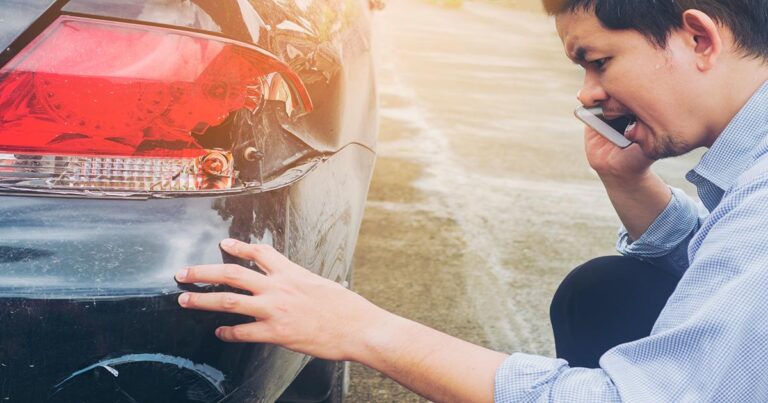Is It Legal to Lane Split in Texas? Laws Every Rider Should Know
Is it legal to lane split in Texas? No, lane splitting is not legal in Texas at this time. Doing so can lead to fines, citations, or increased liability in case of an accident. This guide explains why lane splitting is against the law in Texas, what risks you take, and what safer alternatives you have.
Understanding Lane Splitting Laws in Texas
Lane splitting means riding a motorcycle or bike between lanes of slow-moving or stopped traffic. While some states allow it under specific rules a number of locations strictly prohibit it. In Texas law, it’s considered unsafe driving or reckless operation.
Because it isn’t lawful you could be pulled over and cited if a police officer sees you doing it. Insurance companies may also deny claims if an accident occurs while you’re lane splitting since you were violating traffic rules.

Why Texas Prohibits Lane Splitting
Texas traffic laws are focused on keeping all road users safe. Lane splitting increases the risk of collisions because other drivers may not expect a motorcycle passing between lanes. Visibility issues can lead to avoidable accidents. Courts and legislatures in Texas have not made exceptions or allowances for lane splitting.
Potential Penalties for Lane Splitting
If caught lane splitting you may receive a ticket for unsafe lane change or reckless driving. Fines vary by county and city but expect penalties and points on your license which can drive up insurance rates. In case of an accident, you may be held at fault regardless of who caused the impact.
Risk Factors of Lane Splitting in Texas
Even without legal consequences, lane splitting is dangerous on Texas roads. Traffic conditions and driver behavior can make it unpredictable. If a vehicle suddenly changes lanes stops or a door opens you could be involved in a serious crash.
Texas roads with wide lanes and high speed limits make it even riskier. Motorcycles traveling between lanes are less visible and have little buffer for error or evasive maneuvers. Your reaction time is greatly reduced.
Impact on Insurance and Liability
Accidents during illegal maneuvers often lead to denied claims. Insurers may categorize the crash as your fault because you were breaking the law. The financial burden can fall entirely on you including medical bills damage and legal expenses.
Safer Riding Alternatives
Instead of lane splitting, stay in your lane and maintain a safe following distance. If traffic stops, consider merging into a dedicated lane or pulling over in a safe space. Texas law allows lane sharing in traffic once you’re stopped, but not moving between lanes.
Take advantage of Texas motorcyclist safety courses that emphasize defensive driving positioning and visibility. Knowing how to anticipate hazards and use escape routes can help avoid situations where lane splitting seems tempting.
Frequently Asked Questions
Can I pass stopped traffic legally on a motorcycle
Yes you can operate within your lane to pass traffic that is stopped but you must not leave your lane to move between lanes.
Do other states allow lane splitting
Yes states like California allow it under safe conditions motorcyclists choose to lane split based on their judgment.
What if I’ve been cited for lane splitting
You may face fines and points on your license. Pay attention to your court notice and consider speaking with a local attorney.
Is lane filtering allowed instead
Lane filtering means pulling past stopped traffic within a single lane. Filtering at low speed in a stopped lane is safer and more acceptable than lane splitting.
Will my insurance increase if I’m caught
Likely yes. Points on your driving record and a traffic citation can increase insurance premiums substantially.
Conclusion
Is it legal to lane split in Texas? No and it can lead to citations increased liability and safety risks. Instead choose safer riding options like staying in your lane merging properly or using filtering at low speeds. Riding defensively and within the law protects you and others on the road.







